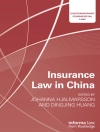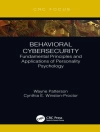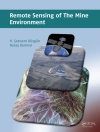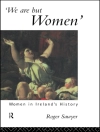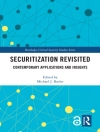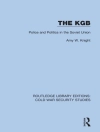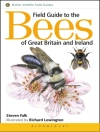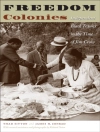How did the relations between philosophy and science evolve during the 17th and the 18th century? This book analyzes this issue by considering the history of Cartesianism in Dutch universities, as well as its legacy in the 18th century. It takes into account the ways in which the disciplines of logic and metaphysics became functional to the justification and reflection on the conceptual premises and the methods of natural philosophy, changing their traditional roles as art of reasoning and as science of being. This transformation took place as a result of two factors. First, logic and metaphysics (which included rational theology) were used to grant the status of indubitable knowledge of natural philosophy. Second, the debates internal to Cartesianism, as well as the emergence of alternative philosophical world-views (such as those of Hobbes, Spinoza, the experimental science and Newtonianism) progressively deprived such disciplines of their foundational function, and they started to become forms of reflection over given scientific practices, either Cartesian, experimental, or Newtonian.
Andrea Strazzoni
Dutch Cartesianism and the Birth of Philosophy of Science [PDF ebook]
From Regius to ‘s Gravesande
Dutch Cartesianism and the Birth of Philosophy of Science [PDF ebook]
From Regius to ‘s Gravesande
Achetez cet ebook et obtenez-en 1 de plus GRATUITEMENT !
Langue Anglais ● Format PDF ● Pages 254 ● ISBN 9783110569698 ● Maison d’édition De Gruyter ● Publié 2018 ● Téléchargeable 3 fois ● Devise EUR ● ID 6966442 ● Protection contre la copie Adobe DRM
Nécessite un lecteur de livre électronique compatible DRM


